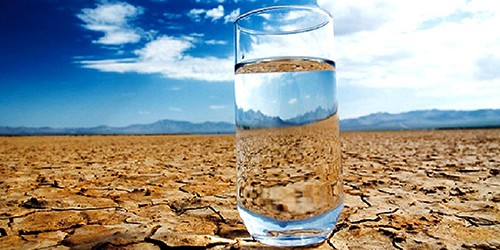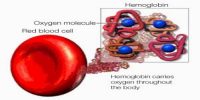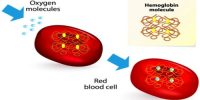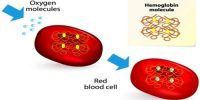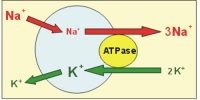A kidney cannot make urine from a concentration of salts of more than 2%. Seawater is made up of around 3% salt, so if we drink it to reduce our thirst the kidneys have to use existing water from our body in order to reduce the extra salt, which in turn makes us feel even thirstier.
The concentration of salt in the oceans averages about 3% NaCl with an osmolarity of about 2400 mOsm / L. The limited ability of the human kidney to concentrate the urine to a maximal concentration of 1200 mOsm/L explains why severe dehydration occurs if one attempts to drink seawater. Sodium chloride concentration in the oceans averages about 3.0 to 3.5 %, with an osmolarity between about 1000 and 1200 mOsm/L.
The maximal concentrating ability of human kidney is 1200 mOsrn/L
So, to excrete 2400mOsm, 2 liters of urine volume would be required.
This results in a net fluid loss of 1 liter for every liter of sea water which leads to rapid dehydration.
Drinking 1 liter of seawater with a concentration of 1200 mOsm/L would provide a total sodium chloride intake of 1200 milliosmoles. If maximal urine concentrating ability is 1200 mOsm/L, the amount of urine volume needed to excrete 1200 milliosmoles would be 1200 milliosmoles divided by 1200 mOsm/L, or 1.0 liter.
